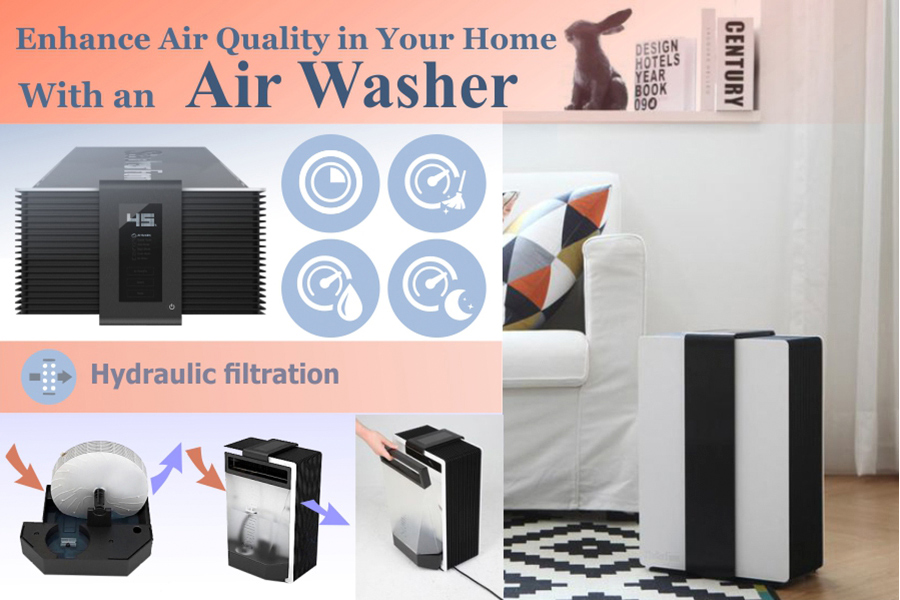Analyzing Weather Condition'S Function In Heatpump Effectiveness And Referrals For Optimization
Analyzing Weather Condition'S Function In Heatpump Effectiveness And Referrals For Optimization
Blog Article
Posted By-Drejer Regan
When it pertains to your heat pump, weather plays an essential role in its efficiency. From freezing temperatures to sweltering heat, each aspect can influence how efficiently your system runs. But what can you do to battle these weather-related obstacles and ensure your heat pump is operating at its ideal? Keep tuned to uncover functional ideas and strategies to optimize your heat pump's efficiency, despite the weather it faces.
Climate Factors Influencing Heatpump Effectiveness
Weather factors have a considerable impact on the effectiveness of heatpump. One important variable is temperature. Heatpump work by transferring warm from outside to within throughout winter season and the other way around in summer season. As temperatures decline, it becomes harder for the heatpump to remove warm from the outside air, lowering its performance.
An additional crucial element is humidity. High humidity degrees can make it extra tough for the heat pump to release heat during the cooling process.
Additionally, wind speed plays a role. Solid winds can dissipate the warm soaked up or released by the heat pump, affecting its total efficiency.
Tips for Optimizing Heatpump Performance
To enhance the performance and longevity of your heat pump, implementing a few key methods can make a substantial difference in its efficiency.
Firstly, ensure click this link here now by cleansing or replacing filters every 1-3 months to stop air flow obstructions and optimize air flow. In addition, timetable annual expert evaluations to spot and resolve any type of potential problems early on.
Optimum thermostat setups likewise play a vital duty. Throughout the winter months, aim for a temperature level setup that's as low as comfortable, and during the summertime, set it as high as comfortable to lower the work on your heat pump. Using click this link can assist you immediately change settings based on your routine.
In addition, securing leakages in ductwork and shielding air ducts in unconditioned rooms can prevent power loss and boost total system efficiency.
Last but not least, take into consideration installing a clever thermostat that can learn your practices and adjust setups appropriately, more maximizing your heat pump's performance. By complying with these pointers, you can guarantee your heatpump operates successfully and successfully throughout the year.
Best Practices for Weatherproofing Your Heatpump
For optimum efficiency and efficiency of your heatpump, carrying out weatherproofing actions is important. Start by securing any kind of voids or cracks around doors, windows, and ductwork to avoid warmth loss and maintain a constant indoor temperature level.
Protect subjected pipes and ducts to prevent cold during cold weather and ensure proper air movement. Take into consideration mounting a protective cover over the outside system to secure it from severe weather elements like snow, ice, and debris.
Consistently clean the outdoor unit to remove dirt, leaves, and particles that can block air movement and decrease performance. Additionally, maintain the area around the heatpump clear of snow, ice, and plants to allow for correct ventilation.
Verdict
Now that you recognize exactly how weather condition impacts your heat pump efficiency, you can take positive steps to maximize its performance. By complying with the ideas laid out in this article, such as normal maintenance, thermostat modifications, and weatherproofing measures, you can make sure that your heatpump operates at its ideal despite the weather conditions. Remain successful and maintain your home comfortable all the time.
